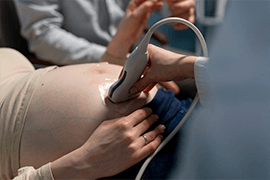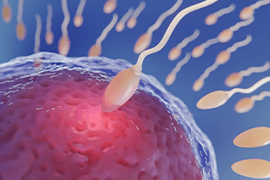If you or someone you know has been advised HSG , you might have questions about it and why it is needed? Here, we will break down Hysterosalpingography ( HSG) in simple terms, explaining its purpose, procedure and what to expect.
What is an HSG test?
HSG is a taking Xray of pelvic organs while a dye is instilled via Vagina to uterus and tubes. Also called as “tube test” or” tubal patency test” or “dye test” , the test delineates inner cavity and inner lining of cervix , uterus , fallopian tubes of female.
Why is an HSG test done?
Infertility issues : HSG is a basic tool for evaluation of fertility to know whether tubes are blocked or not. Also , it may be used to know the uterine and cervical abnormalities like adhesions / polyps/ uterine shape in patients undergoing treatment for infertility.
Recurrent miscarriages : To look for abnormalities in the shape of uterus.
Post surgery : To see if the fallopian tubes remain open after a procedure .
Pelvic pain : To check tubal patency after a procedure.
How is the HSG test performed?
- Prepration :- The test is usually scheduled after the period sare over to ensure you are not pregnant. You may be advised to take medication for pain relief before the procedure.
Procedure :-
- You will lie on X ray table.
- With legs open in lithotomy position , through vagina, small cannula will be used to instill dye into the uterus.
- X Ray images will be taken totrack the fow of the dye .
Completion:-
- The test will take 15-30 minutes , and you can resume normal activities afterward.
- Mild to moderate cramping pain may last for a few minutes.
What are the risks?
HSG is generally safe , but some rare risks include:- Mild spotting Common after the test , does not need any intervention.
- Infection: The risk of infection is very rare but seek medical help if you develop fever or severe pain or heavy bleeding.
- Allergic reaction to dye : Very rare.
Comments
An HSG is a valuable tool in assessment of uterine and tubal status . While , it can be slightly uncomfortable, it provides crucial information that can guide treatment and improve chances of conception.
For “total fertility solutions” , consultation and examination available for both partners.
For more information , log in to:-
www.drdeepikawellnesandivf.com
www.drnitinaggarwalurologist.com




